Local banks must lower their lending rates if Kenya’s micro, small, and medium-sized enterprises (MSMEs) are to thrive.
This was the resounding message from President William Ruto as he addressed a gathering at the MSME Exhibition, an event sponsored by the Kenya Bankers Association (KBA) at the Kenyatta International Conference Centre.
With the Central Bank of Kenya (CBK) having recently reduced its benchmark rate to 12 per cent, the President called for commercial banks to follow suit, criticising the current rates, which can climb to a prohibitive 20 per cent.
“Lending to the manufacturing sector is not doing well and is weighing down our economy,” Ruto noted, urging the financial sector to play its part in supporting the nation’s business backbone.
Kenya’s reliance on imported goods—products it could easily manufacture locally—was another concern raised by the President.
Read More
He warned that this habit is draining valuable foreign exchange and stifling local job creation.
The MSME sector, which provides up to 90 per cent of employment and contributes a third of the nation’s GDP, is vital to reversing this trend.
Ruto emphasised that this sector must be nurtured, describing it as the lifeblood of Kenya’s economic resilience.
“We need to believe in ourselves more than we do. How come outsiders are seeing opportunities here in Kenya, and we are not?” Ruto asked the attendees, highlighting the steady rise of foreign investors entering the country.
This surge, he explained, is driven by the improving economic conditions, with inflation plummeting to 3.6 per cent from 9.5 per cent in 2022 and the Kenyan shilling stabilising at around Sh129 against major currencies.
His government, Ruto assured, is taking deliberate steps to support MSMEs. Contracts worth Sh5 billion have been set aside for local traders to provide construction materials for the Affordable Housing Program.
Additionally, 400 fresh produce markets are being built across the country to improve trading conditions for small-scale vendors.
In a strategic move, Ruto urged Kenyan banks to capitalise on the Pan African Payment and Settlement System.
This platform allows African traders to transact in local currencies, eliminating the costly need for currency conversions and protecting businesses from foreign exchange losses.
The KBA used the platform to unveil its Accelerant Program, through which it committed to disburse Sh150 billion annually in loans to MSMEs for the next three years.
Ruto praised the association for its substantial tax contributions, citing that KBA had remitted Sh190 billion to the exchequer in 2023.
He reaffirmed the government’s stance of widening the tax net instead of overburdening citizens with additional levies.
Treasury Cabinet Secretary John Mbadi, who was also in attendance, revealed that the government is tackling the liquidity crunch by addressing long-standing pending bills, a critical issue that has suffocated many businesses.
Also present were Central Bank Governor Kamau Thugge, Prime Cabinet Secretary Musalia Mudavadi, and KBA Chairman John Gachora, adding weight to a gathering focused on charting a new path for Kenya’s MSMEs.

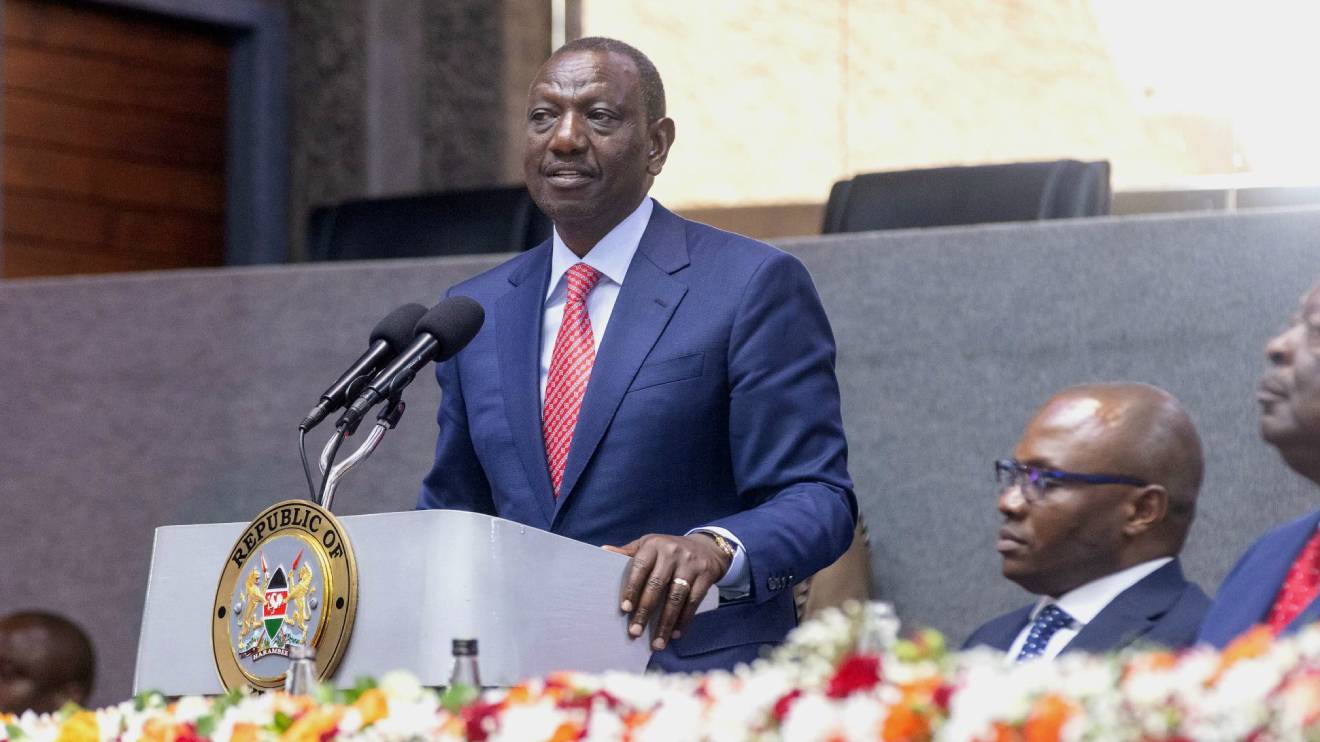
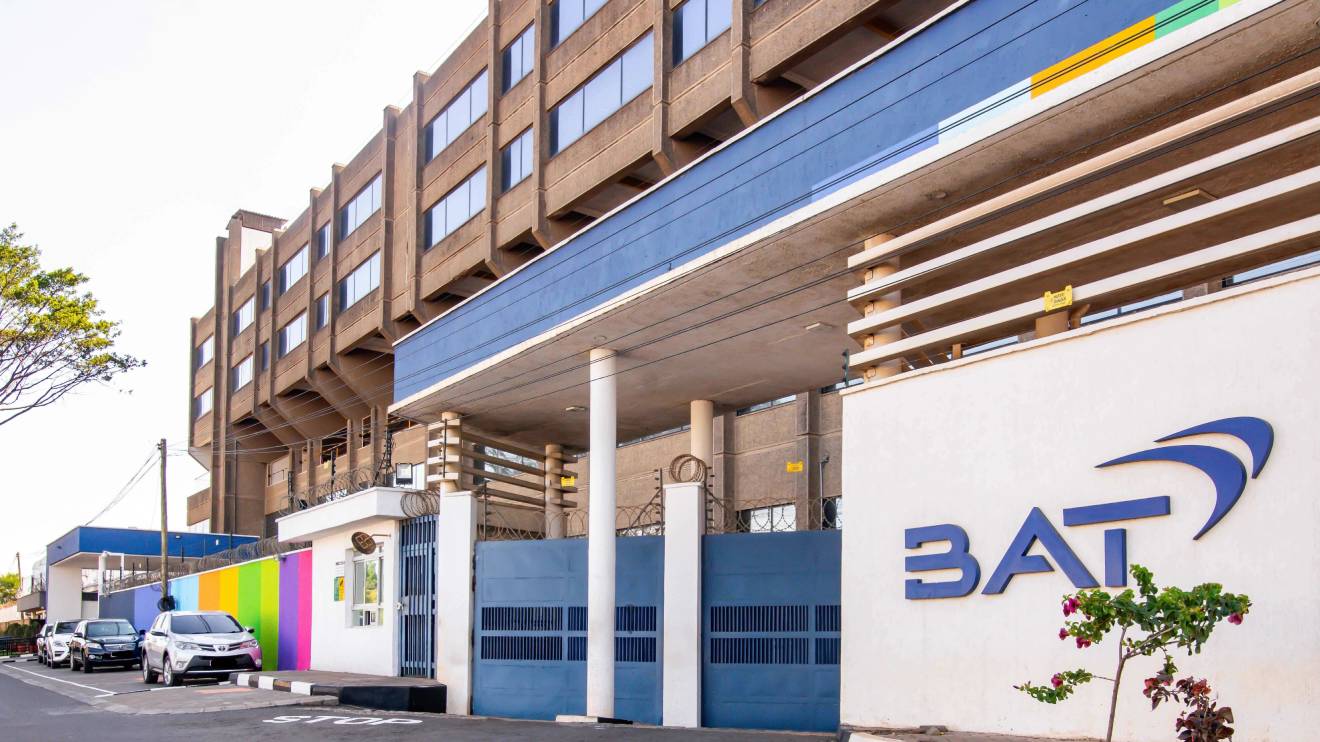
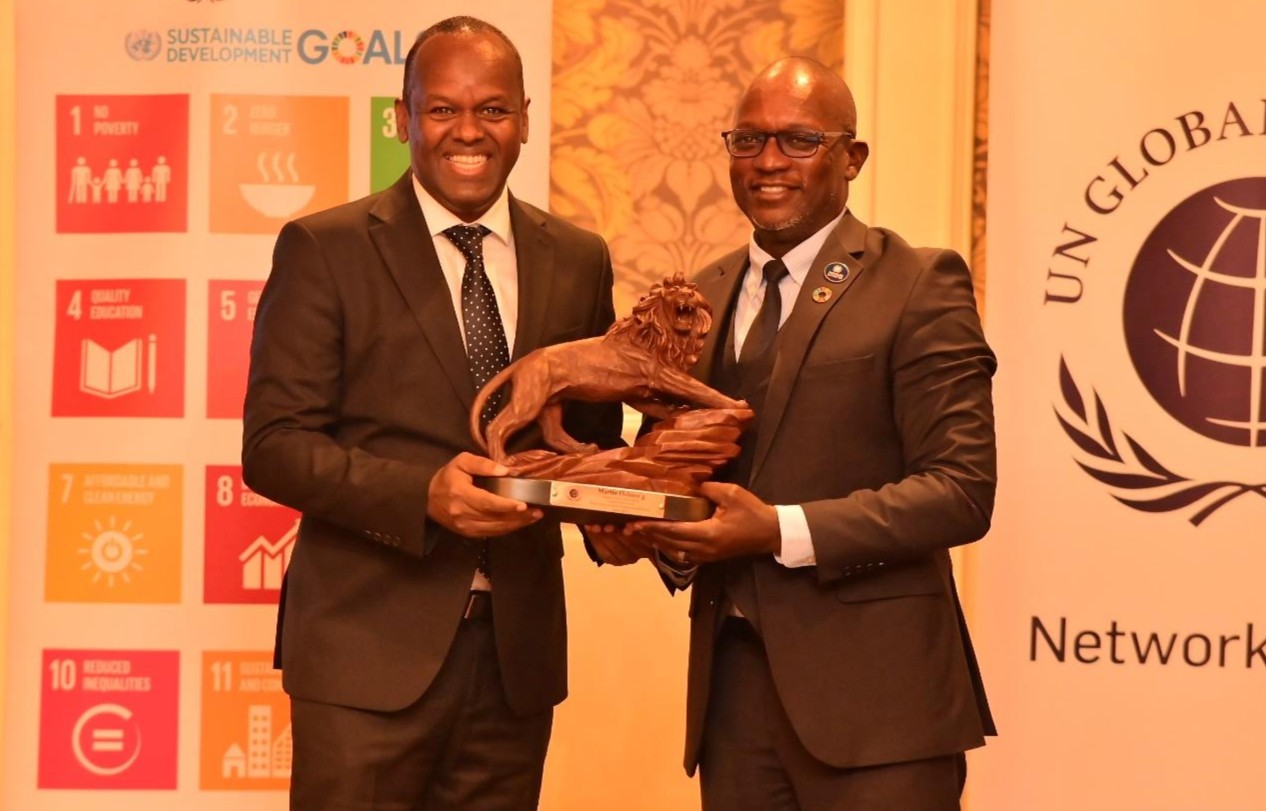
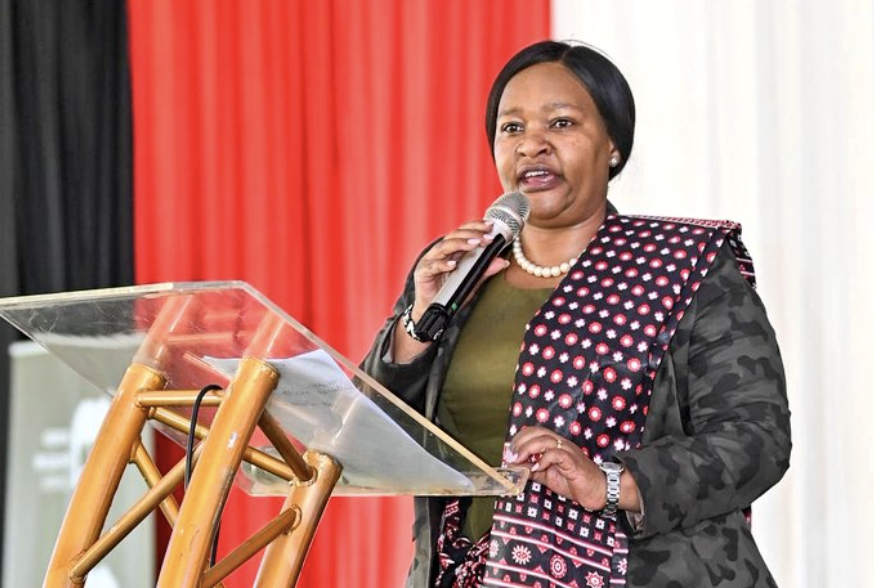
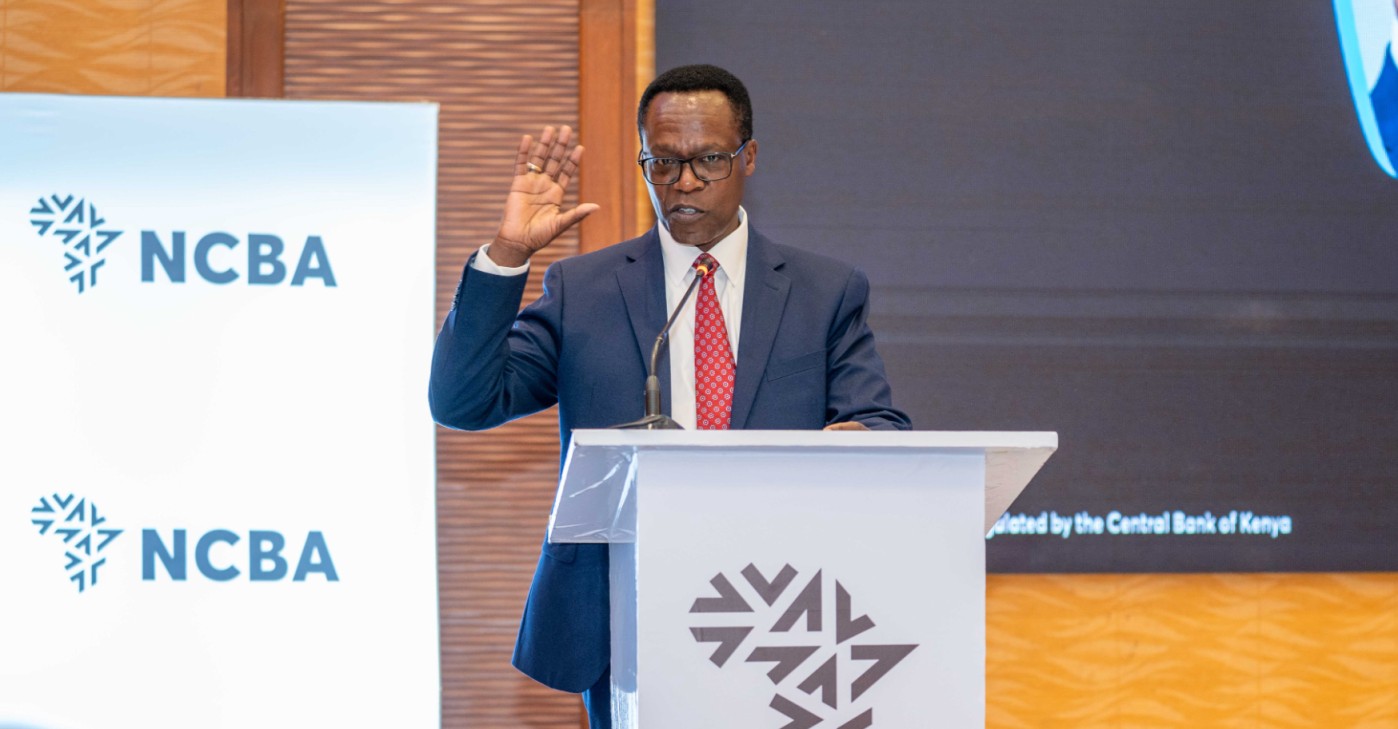
-1727286472.jpg)
-1751495006.jpg)
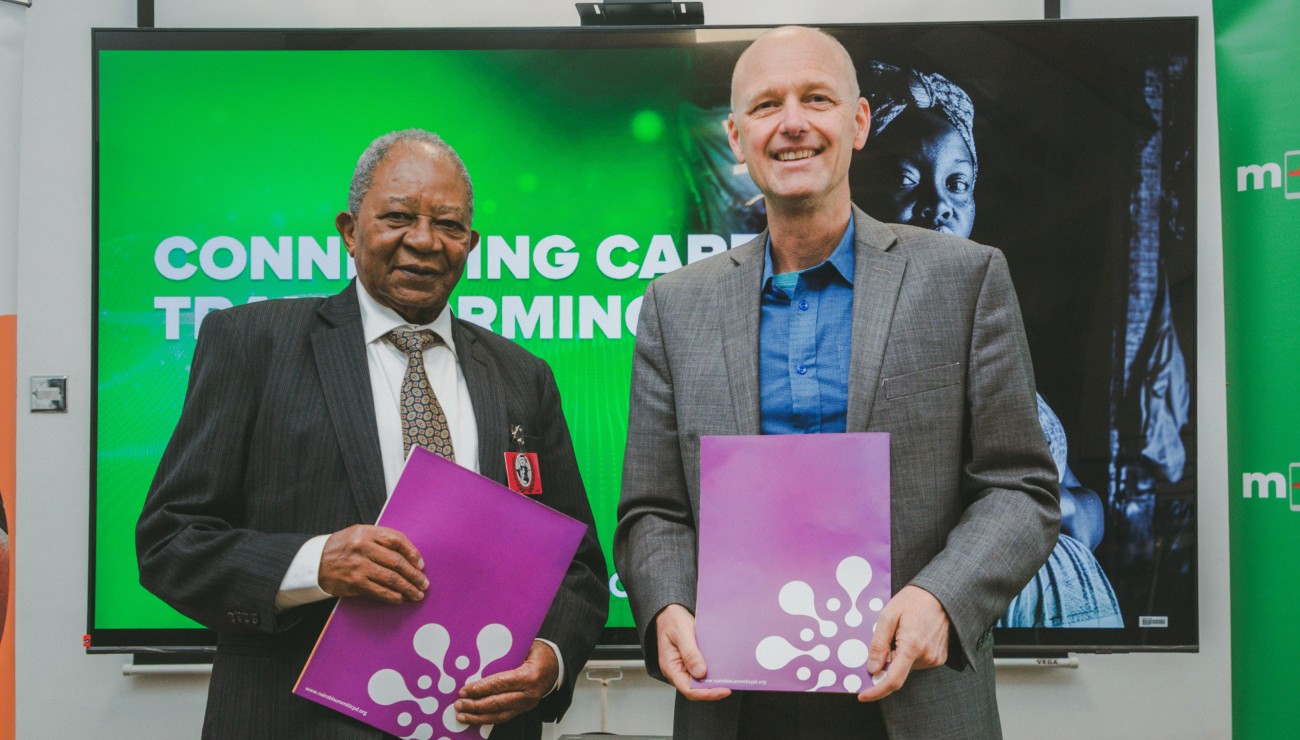
-1751561078.jpg)